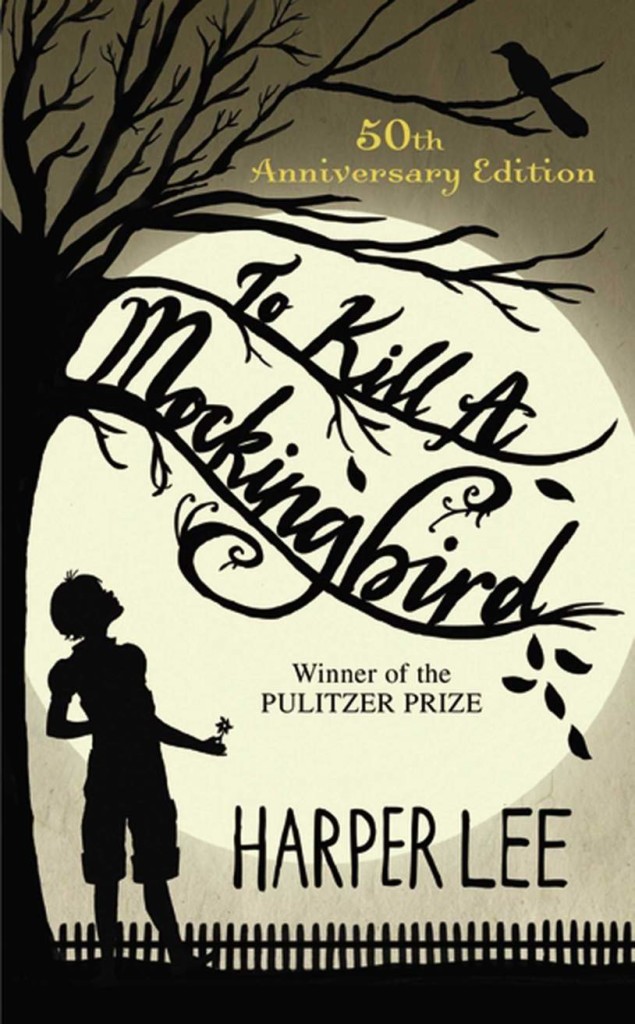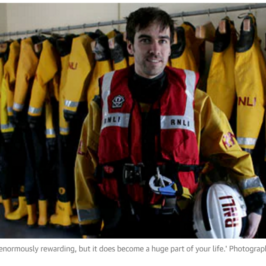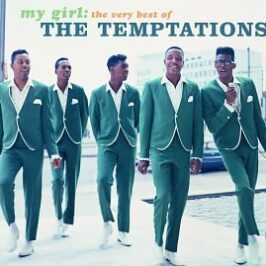Published in 1960 during the beginnings of the Civil Rights movement, Harper Lee’s To Kill A Mockingbird has often been cited as one of the most important works of American literature in the 20th century. Though set in the Great Depression, its message and ideas echo beyond the period as a commentary on the prejudices of Lee’s world—and our own. In Mockingbird, Lee attempts not only to paint a portrait of 1930s Alabama but to interrogate American racism and injustice through the eyes of a child.
The novel is narrated by Jean Louise Finch, or Scout, a spirited eight-year-old girl, and set in the sweltering shade of a small Alabama town called Maycomb. Its plot deftly ties together the episodic trials of childhood and the moral crises and burdens of adulthood.
The novel won the Pulitzer Prize in Fiction in 1961 and has sold more than 40 million copies worldwide in the decades since. It remains widely debated both inside and outside the classroom and has been a frequent target of school board challenges and bans, on grounds ranging from its use of profanity to accusations of covert racism. The 1962 film adaptation of the novel, starring Gregory Peck, has been widely acclaimed as a classic in its own right.
Listen to the first chapter and answer the questions below:
Now listen again and fill in the gaps in the text.
Chapter 1
When he was nearly thirteen, my brother Jem got his arm badly broken at the 1.__________. When it healed, and Jem’s fears of never being able to play football were assuaged, he was seldom self-conscious about his injury. His left arm was somewhat shorter than his right; when he stood or walked, the back of his hand was at right angles to his body, his 2.________ parallel to his thigh. He couldn’t have cared less, so long as he could pass and punt.
When enough years had gone by to enable us to look back on them, we sometimes discussed the events leading to his accident. I maintain that the Ewells started it all, but Jem, who was four years my senior, said it started long before that. He said it began the summer Dill came to us, when Dill first gave us the idea of making Boo Radley come out.
I said if he wanted to take a broad view of the thing, it really began with Andrew Jackson. If General Jackson hadn’t run the Creeks up the creek, Simon Finch would never have paddled up the Alabama, and where would we be if he hadn’t? We were far too old to 3._______ an argument with a fist-fight, so we consulted Atticus. Our father said we were both right.
Being Southerners, it was a source of shame to some members of the family that we had no recorded 4.______ on either side of the Battle of Hastings. All we had was Simon Finch, a fur-trapping apothecary from Cornwall whose piety was exceeded only by his stinginess. In England, Simon was irritated by the persecution of those who called themselves Methodists at the hands of their more liberal 5._________, and as Simon called himself a Methodist, he worked his way across the Atlantic to Philadelphia, thence to Jamaica, thence to Mobile, and up the Saint Stephens.
Mindful of John Wesley’s strictures on the use of many words in buying and selling, Simon made a pile practicing medicine, but in this 6.________ he was unhappy lest he be tempted into doing what he knew was not for the glory of God, as the putting on of gold and costly apparel. So Simon, having forgotten his teacher’s dictum on the possession of human chattels, bought three slaves and with their aid established a homestead on the banks of the Alabama River some forty miles above Saint Stephens. He returned to Saint Stephens only once, to find a wife, and with her established a line that ran high to 7._________. Simon lived to an impressive age and died rich.
It was customary for the men in the family to remain on Simon’s homestead, Finch’s Landing, and make their living from cotton. The place was self-sufficient: modest in comparison with the empires around it, the Landing nevertheless produced everything required to sustain life except ice, 8._________ flour, and articles of clothing, supplied by river-boats from Mobile.
Simon would have regarded with impotent fury the disturbance between the North and the South, as it left his descendants stripped of everything but their land, yet the tradition of living on the land remained unbroken until well into the twentieth century, when my father, Atticus Finch, went to Montgomery to read law, and his brother went to Boston to study medicine. Their sister Alexandra was the Finch who remained at the Landing: she married a taciturn man who spent most of his time lying in a hammock by the river 9._______ if his trot-lines were full.
When my father was admitted to the bar, he returned to Maycomb and began his practice. Maycomb, some twenty miles east of Finch’s Landing, was the county seat of Maycomb County. Atticus’s office in the courthouse contained little more than a hat rack, a spittoon, a checkerboard and an unsullied Code of Alabama. His first two clients were the last two persons hanged in the Maycomb County jail.
Atticus had 10._______ them to accept the state’s generosity in allowing them to plead Guilty to second-degree murder and escape with their lives, but they were Haverfords, in Maycomb County a name synonymous with jackass. The Haverfords had dispatched Maycomb’s leading blacksmith in a misunderstanding arising from the alleged wrongful detention of a mare, were imprudent enough to do it in the presence of three witnesses, and insisted that the-son-of-a-bitch-had-it-coming-to-him was a good enough defense for anybody. They persisted in pleading Not Guilty to first-degree murder, so there was nothing much Atticus could do for his clients except be present at their departure, an occasion that was probably the beginning of my father’s 11.______ distaste for the practice of criminal law.
During his first five years in Maycomb, Atticus practiced economy more than anything; for several years thereafter he invested his earnings in his brother’s education. John Hale Finch was ten years younger than my father, and chose to study medicine at a time when 12._______ was not worth growing; but after getting Uncle Jack started, Atticus derived a reasonable income from the law. He liked Maycomb, he was Maycomb County born and bred; he knew his people, they knew him, and because of Simon Finch’s industry, Atticus was related by blood or marriage to nearly every family in the town….
Would you like to read the whole story? Click Here to DOWNLOAD THE BOOK, and then listen to the whole book below…
Listening: Answers!.
Pincha para ver las respuestas
1.elbow
2.thumb
3.settle
4.ancestors
5.brethren
6.pursuit
7.daughters
8.wheat
9.wondering (not ‘wandering’)
10. urged
11. Profound
12. Cotton
10.urged
...and now, listen!
Answers to the gap-fill exercise.
(1.elbow 2.thumb 3.settle 4.ancestors 5.brethren 6.pursuit 7.daughters 8.wheat 9.wondering (not 'wandering' 10.urged 11.profound 12.cotton)










Leave a Reply